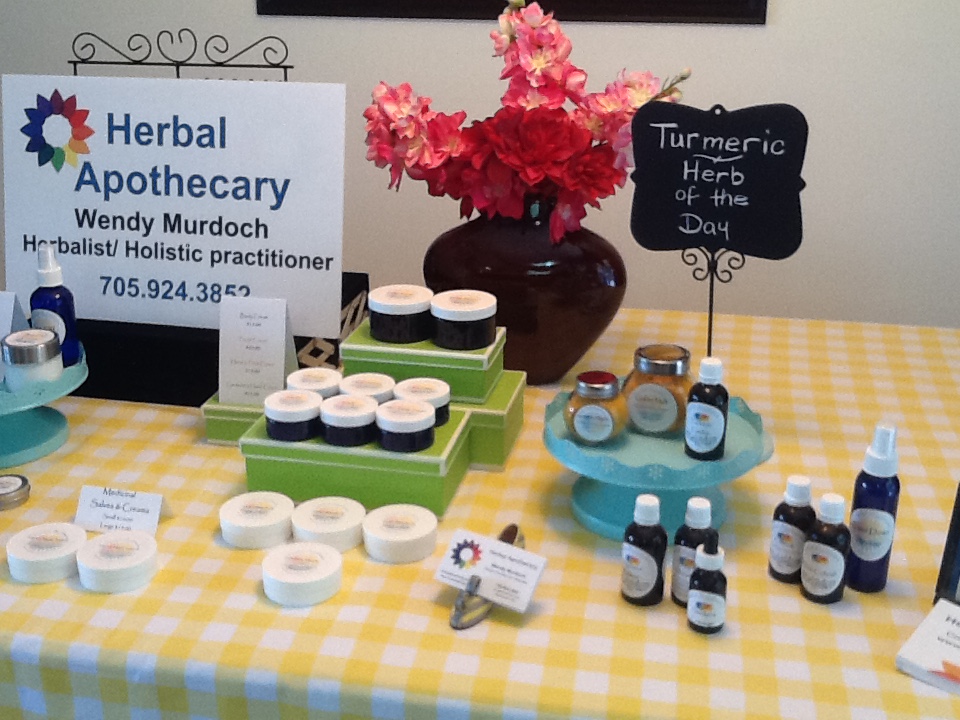_______________________________________________________________________________________________________________________
What is Herbalism?
Herbal medicine is, in and of itself, a way to stimulate and restore the body's natural healing capacity through the use of plants. The specific goal is not to alleviate a specific symptom but to stimulate the body's natural healing capacity to address the health issue's root or underlying cause. Herbs are used to restore and maintain three important bodily functions: digestion and assimilation, sleep, and elimination. When the body performs these three functions with ease, it is better able to prevent disease and illness and repair and heal any damage that has already occurred.
"Herbs are effective for not only prevention but for acute health issues, as well as chronic health problems. For acute and minor health issues, like colds, flu, allergies, sinus issues, and physical injury, herbs and herbal formulas can be used both externally and internally in these situations both to resolve the underlying cause and to speed recovery. Herbs are also very effective for chronic diseases and health issues such as chronic fatigue, PMS and concerns associated with menopause, insomnia, headaches, allergies, anemia, and arthritis, to mention a few. As herbs are used in a holistic context, they often simultaneously and effectively help seemingly unconnected symptoms or issues."
Michele Collins, clinical herbalist in Winston Salem, North Carolina
As chronic illnesses or life stresses deplete the body, herbs offer an extremely effective and gentle way of building and maintaining energy, strength, and stamina, thus helping in a supportive role in cases of serious illness.
As herbalists are trained in a holistic framework, they understand how physical and emotional issues affect overall well-being and disrupt the body and spirit's balance. This framework helps guide an herbalist's selection of which herbs to use and how to formulate them and to choose other therapies that might be helpful for the individual. It often takes a village to help a person regain their health.
Herbs have distinctive healing properties, some working to relieve inflammation, some for digestion, and many other functions. But besides all of that, they have their energetic healing qualities such as distinctive flavour. Sweet, salty, or bitter, herbs are either cooling, warming, moistening or drying. All of this is considered by the herbalist when choosing the right herbs for a person's condition. For example, giving a person with a high fever (indicating an excess of heat in the body), a hot warming herb would only make the condition worse. One would use herbs with cooling properties such as elderflowers instead. If one had dry sinuses from living in a wood-heated house, then moistening herbs would be beneficial.
Herbs have unique personalities and qualities that can be used to build, strengthen, soothe, cool, warm and bring balance into a state of imbalance. Amazing indeed!
(c) Wendolyn Murdoch
Disclaimer: The information, including but not limited to, text, graphics, images and other material contained on this website are for informational purposes only. It is not intended to be a substitute for professional medical advice, diagnosis or treatment. Always seek the advice of your physician or other qualified health care provider with any questions you may have regarding a medical condition or treatment and before undertaking a new health care regimen.
The owner of these written materials makes no claims as to the accuracy or completeness of any of the information, including any links. The owner will not be liable for any errors or omissions in this information.

